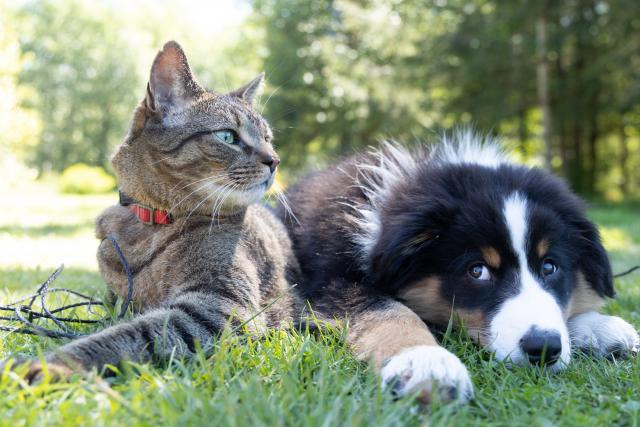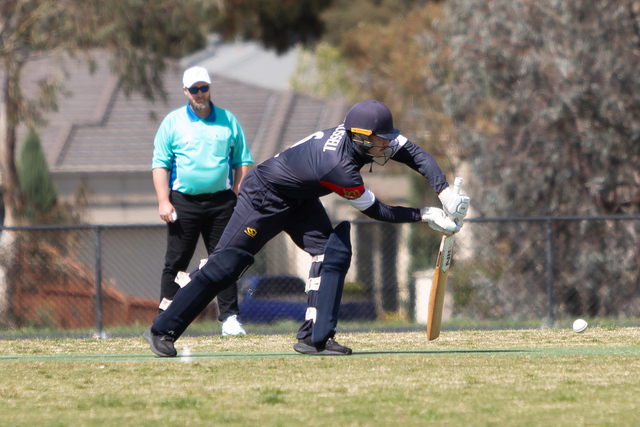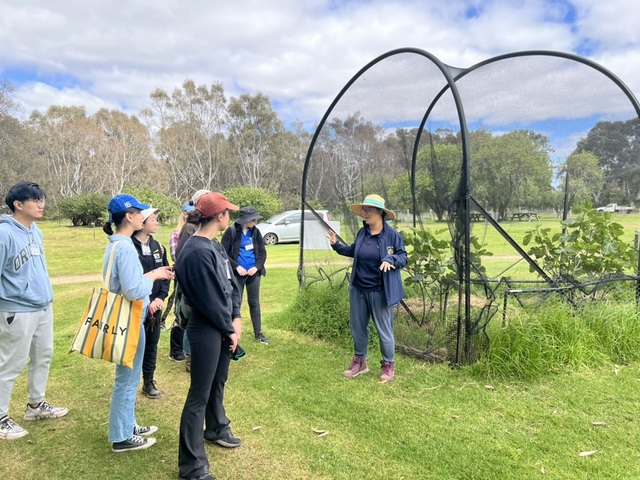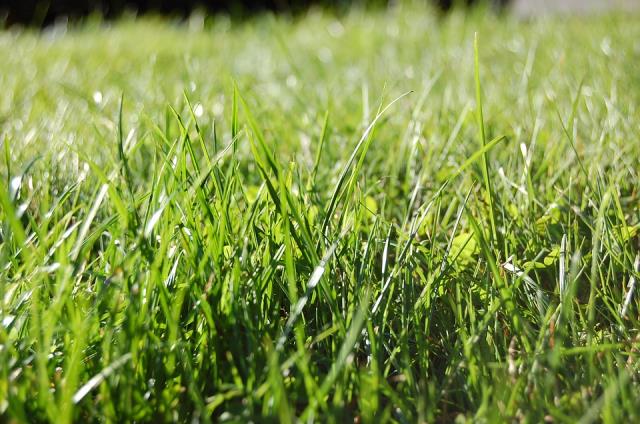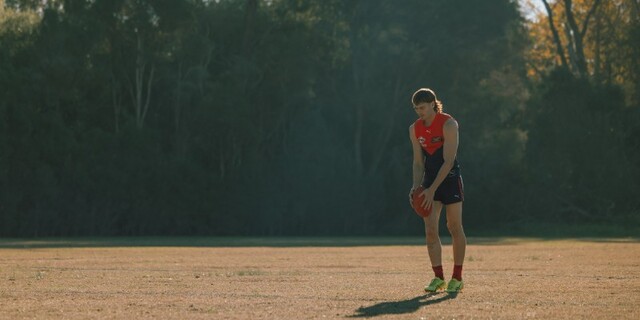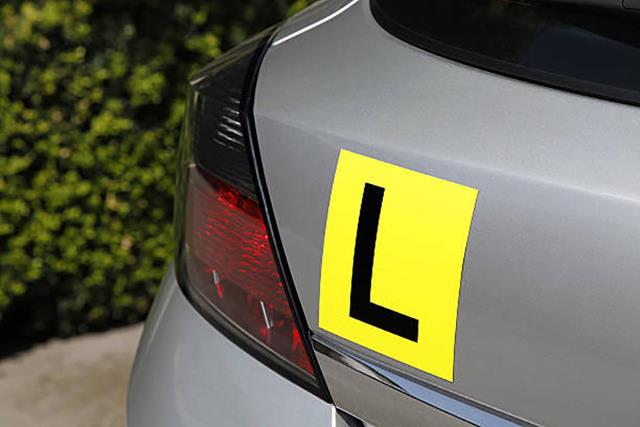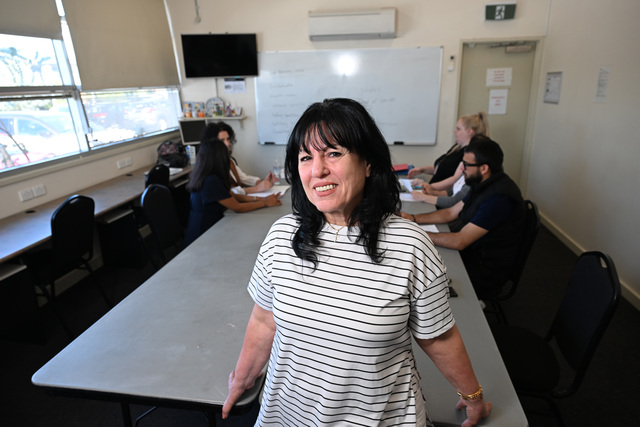RSPCA Victoria is urging pet owners in the Northern Suburbs to get their pets desexed this National Desexing Month (July) to prevent unplanned litters overrunning shelters and blowing out household budgets.
The Victorian Government’s Pet Census showed Victorian households spend $3664 per year on average on a dog, and $2134 per year on a cat.
With litters of up to 12 animals, unplanned pet pregnancies can be incredibly costly.
Last year, more than 65 per cent of cats and kittens and 57 per cent of dogs and puppies coming into RSPCA Victoria’s shelters weren’t desexed, a combined annual increase of two per cent.
The busiest time of year is ‘kitten season’, from September to November, where unplanned litters often overwhelm animal shelters, and with it costing nearly $60 per day per animal, it puts even more pressure on already strained resources.
RSPCA Victoria’s chief veterinarian Dr Bronwyn Oke said there are a surprising number of benefits that come with getting your pet desexed.
“Desexing your pet is a relatively simple surgery that actually has number of additional benefits people don’t know about,” she said.
“Desexed animals are generally less likely to get diseases such as urine infections, mammary and ovarian diseases in females and perineal hernias, testicular and prostate cancer in males.
“Your pet is also less likely to roam if they are desexed, local councils often have cheaper registration fees, and research has shown they also tend to live longer, happier lives.
“It’s simple – if getting your pet desexed wasn’t good for them, we wouldn’t do it.”
RSPCA Victoria is currently running Operation Wanted, an initiative where vets offer 20 per cent off your furry friend’s desexing operation before August 31.
Register online today at operationwanted.com.au

